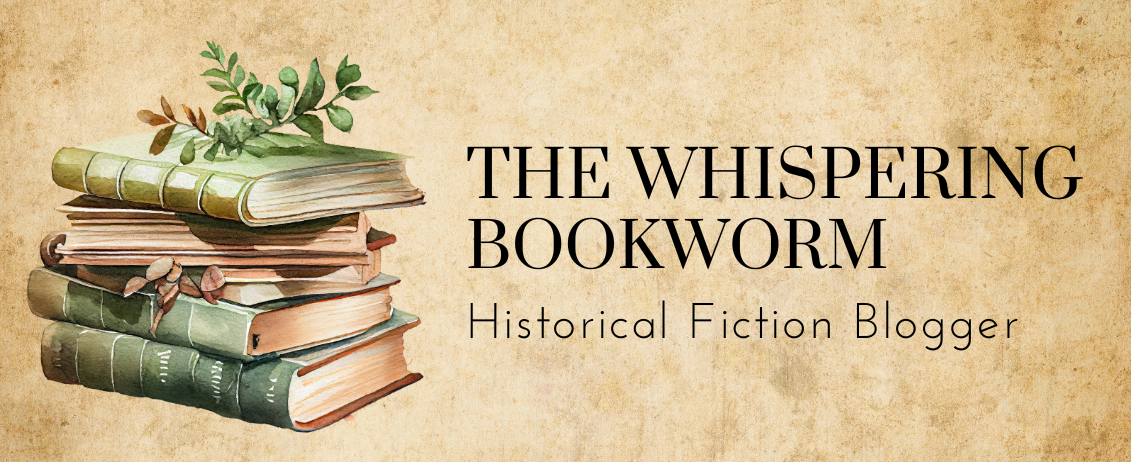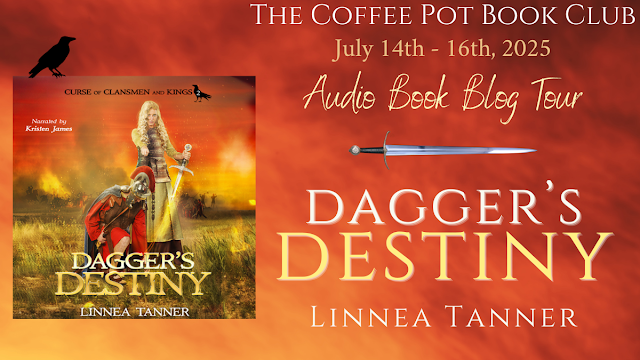A Celtic warrior princess accused of treason for aiding her enemy lover must win back her father’s love and trust
In the rich and vibrant tale, author Linnea Tanner continues the story of Catrin and Marcellus that began with the award-winning novel APOLLO’S RAVEN in the Curse of Clansmen and Kings Series. Book 2: DAGGER’S DESTINY sweeps you into an epic tale of forbidden love, mythological adventure, and political intrigue in Ancient Rome and Britannia.
War looms over 24 AD Britannia where rival tribal rulers fight each other for power and the Romans threaten to invade to settle their political differences. King Amren accuses his daughter, Catrin, of treason for aiding the Roman enemy and her lover, Marcellus. The ultimate punishment is death unless she can redeem herself. She must prove loyalty to her father by forsaking Marcellus and defending their kingdom—even to the death. Forged into a warrior, she must overcome tribulations and make the right decisions on her quest to break the curse that foretells her banished half-brother and the Roman Empire will destroy their kingdom.
Yet, when Catrin again reunites with Marcellus, she is torn between her love for him and duty to King Amren. She must ultimately face her greatest challenger who could destroy her life, freedom, and humanity.
Will Catrin finally break the ancient prophecy that looms over her kingdom? Will she abandon her forbidden love for Marcellus to win back her father’s trust and love? Can King Amren balance his brutality to maintain power with the love he feels for Catrin?
Publication Date: September 26th, 2018
Publisher: Apollo Raven Publisher LLC
Pages: 352
Genre: Historical Fantasy / Historical Fiction
Publication Date: October 7th, 2018 (audiobook)
Audiobook Publisher: Apollo Raven Publisher LLC
Listening Time: 12 hrs 50 mins
Narrator: Kristin James
~ The Audiobook Reviewer
*Audiobook Giveaway*
The lucky winner will be chosen at random after the end of the blog tour. All rights are reserved.
















